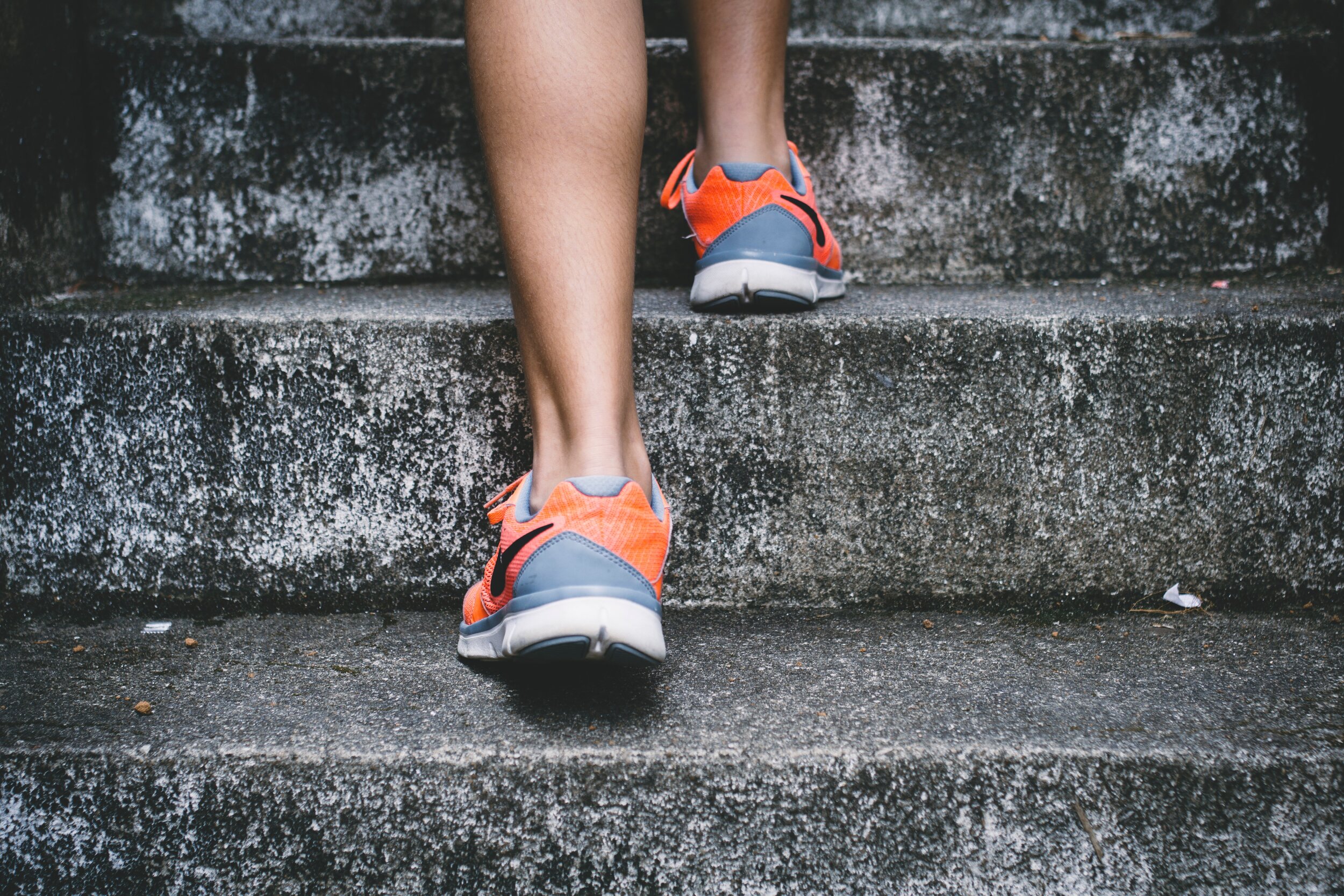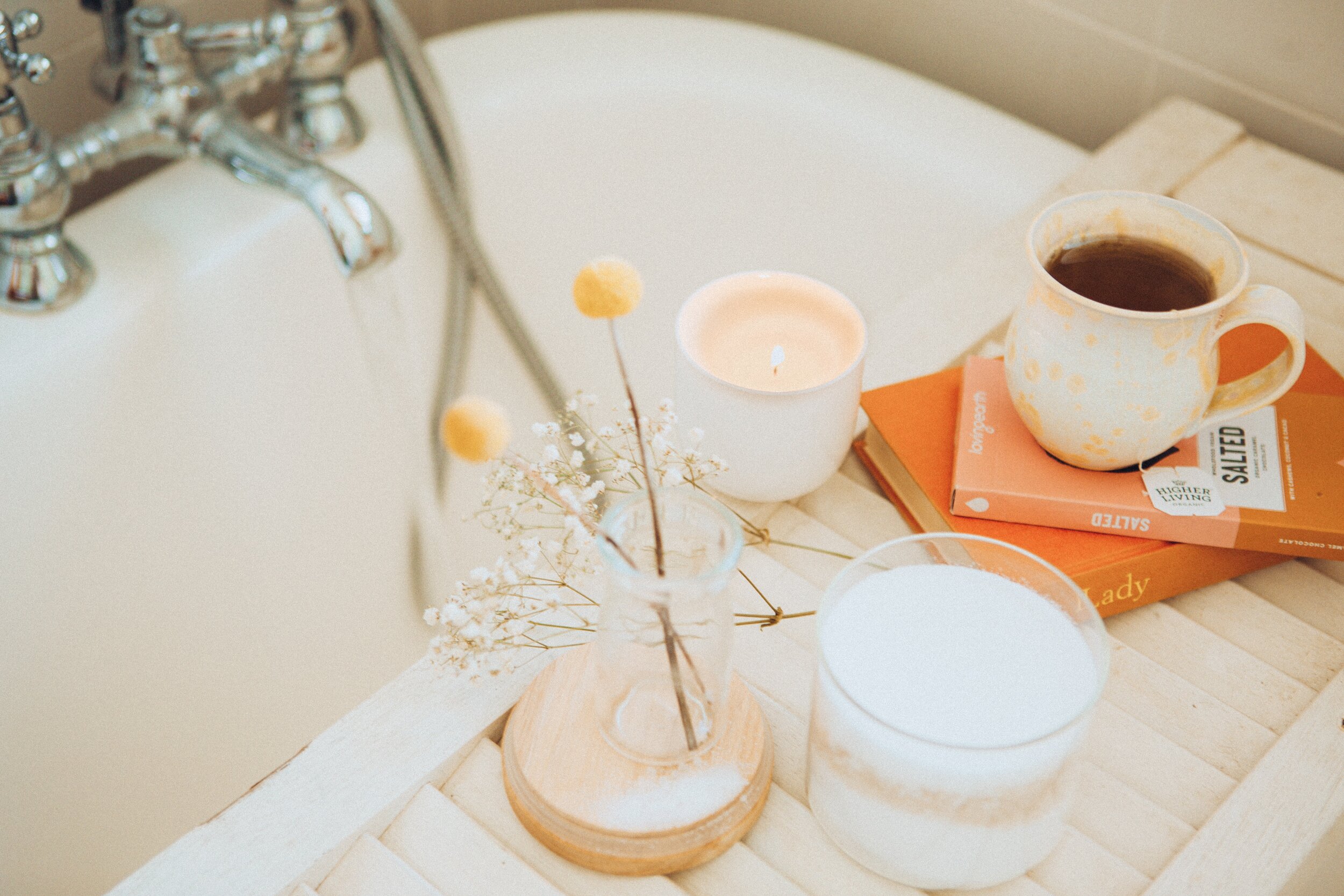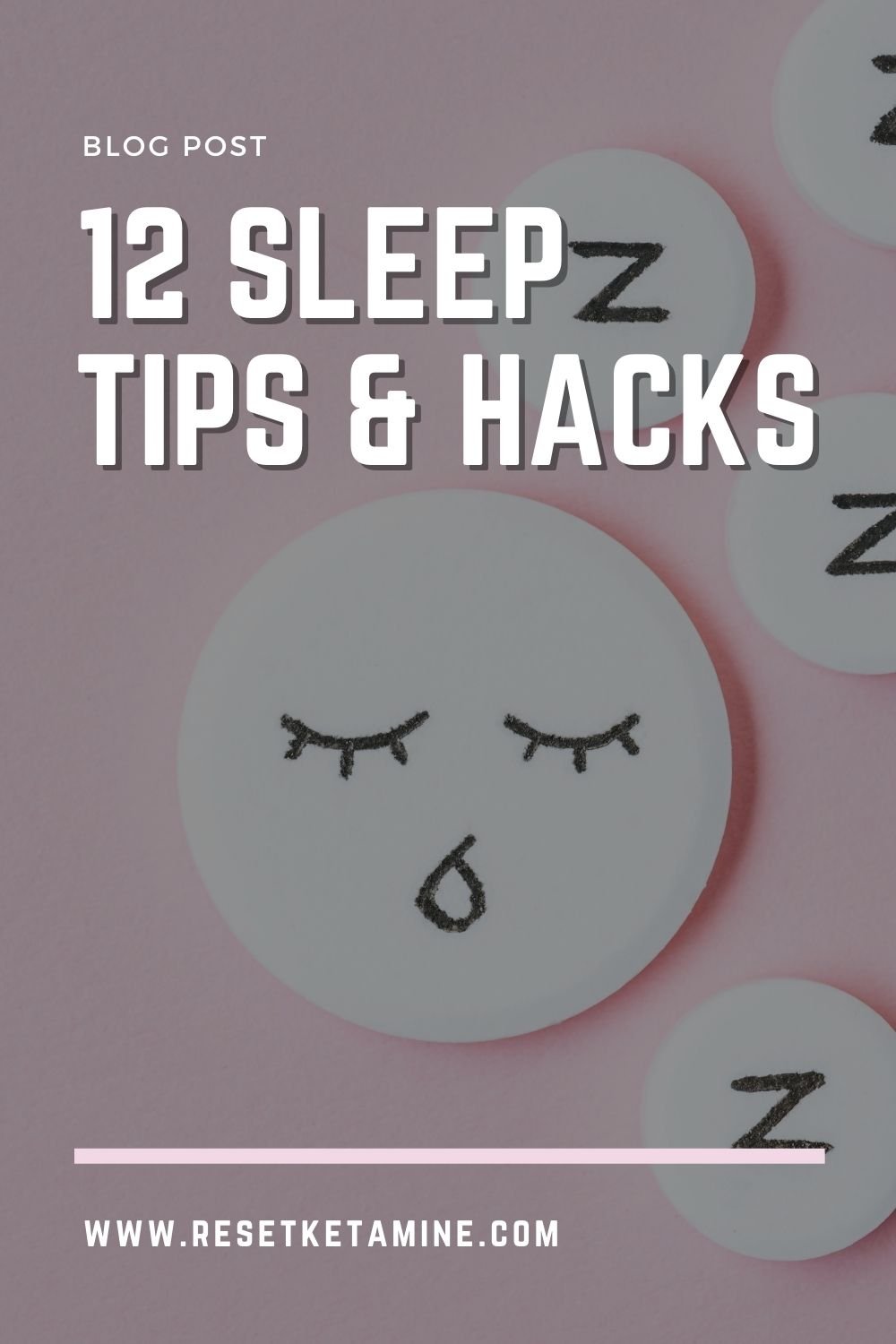As the only creatures in the animal kingdom to knowingly deprive ourselves of sleep, lack of sleep can be devastating for humans. Lack of sleep has remarkable effects on emotions, personality, and actions. Otherwise, patient parents will snap at unruly children, or a calm store clerk will react aggressively to a rude customer. Not only are our overtired bodies detrimental to interpersonal relationships, but to our health. Lack of sleep makes us more susceptible to medical conditions such as cancer, Alzheimer's disease, depression, and obesity.
UC Berkeley neuroscientist Matthew Walker said, “The silent sleep loss epidemic is one of the greatest public health challenges we face in the 21st century.” By making simple changes, you can improve your sleep and therefore, improve your quality of life.
12 Tips That Will Help in Forming a Better Sleep Habit:
1. Set a sleep schedule:
Even on the weekends, waking up and going to sleep at the same time of day and night will help get your body into a sleeping rhythm. Accustoming your body to a certain cycle, it will help get your body used to getting a certain amount of sleep.
2. Relaxing Bedtime Ritual:
A calm, soothing routine before bed can settle yourself into a sleepy mindset. By defocusing on stressful, anxious thoughts, you are more likely to fall asleep faster. Avoiding bright lights before bed will also help.
3. Avoid Naps:
Although naps can be a helpful pick-me-up during a busy day, avoiding them, especially afternoon ones, may help if you have difficulty falling asleep at night.
4. Exercise Regularly:
Daily, vigorous exercise will help you get a better night’s rest. Even moderate or light exercise is better than no activity at all.
5. Evaluate Your Room:
Rid your room of distracting noises and bright lights. Consider investing in eyeshades, earplugs or a white noise machine to make your sleeping experience more pleasant. Keep your room cool by setting the temperature between 60 and 67 degrees. According to Dr. Cameron Van den Heuvel of the University of South Australia, “About one to one and a half hours before falling asleep, the body starts to lose heat from its central core and that brings increased feelings of tiredness in normal healthy adults. These physiological changes happen well before going to bed and may be occurring before people realize them”.
6. Use a Comfortable Mattress and Pillows:
Your current bed’s lifespan may be exceeded. About every 9-10 years, replace your quality mattress to ensure that it is both comfortable and supportive. Have comfortable pillows and an inviting, attractive bed that will make you want to sleep in it.
7. Hack Your Use of Light:
Regulate your circadian rhythm by exposing yourself to sunlight in the morning and avoiding bright light at night. Our body is set to stay awake when there are lights on. Our ancestors woke and went to sleep based on the sun, thanks to electricity, that has changed the game. So instead of telling your body, it is time to wake up by watching Netflix in bed, or checking your Instagram one last time before you hit the hay (we don’t like this one either) ax the screen and lights. If you must Netflix and chill before bed, try an app for your laptop such as f.lux.
8. Avoid Alcohol, Caffeine, Cigarettes and Heavy Meals at Night:
Cigarettes and caffeine can disrupt sleep. Although it’s a sedative, alcohol does not cause you to have a good night’s sleep because sedation does not equal quality sleep. Also, alcohol blocks a crucial part of sleep, the REM cycle. Avoid eating large meals two to three hours before sleep.
9. Wind down:
Your body needs time to switch from awake to sleep mode. Give yourself time to wind down by setting aside the hour before sleep to do calming activities, such as reading. Avoid using electronics during this time, because screen time can inhibit sleep.
10. Take a Hot Shower or Bath Before Bed:
Doing this will increase your body temperature, thus when you get out of the shower into a cooler environment, it will have an even greater temperature difference. This temperature difference between you and the cool air around you signals to your body that it's time to rest, slowing down essential metabolic functions including heart rate, breathing, and digestion, thus promoting sleepiness.
11. Get as Much Sun as Possible First in the morning:
This will allow you to wake up, helping set and maintain your internal clock. Sun exposure will also wake you up and have increased energy throughout the day. According to Dr. Michael Breus, Ph.D., The Sleep Doctor, “Morning sunlight can boost your daytime energy and your ability to fall asleep”.
12. Still Can’t Sleep? Leave and Do Something Relaxing:
If you still have trouble falling asleep, go into another room and do a relaxing activity. It is best to only associate your bed with sleep and sex. Take stimulating objects such as computers and televisions outside of your room. Charge the phones in a separate room. Separating rest from work is also important.
Here’s the thing to remember, some of the depressed feelings, or anxious feelings you have maybe a result of limited or lack of sleep. Improving your sleep hygiene and sleep routine may alleviate some of your symptoms, which can help. At Reset Ketamine, we try our best to do the same, especially when we take care of patients we need to be performing at our highest level if we want to be our best selves for you!
What do you think of the tips? Which would do you think you could implement!
References:
























Complete 2025 ketamine therapy guide featuring real crisis recovery lessons. From treatment basics to advanced integration, plus authentic resilience tools learned rebuilding after trauma. Your roadmap to healing through difficulty.